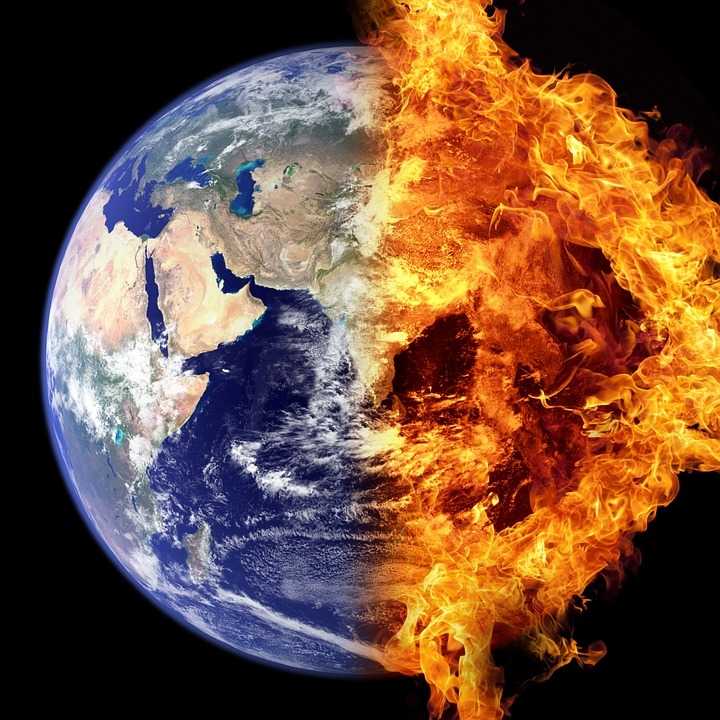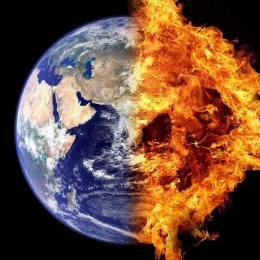What is global warming? Global warming is the term used to describe a gradual increase in the average temperature of the Earth's atmosphere and its oceans, a change that is believed to be permanently changing the Earth's climate.
The "greenhouse effect" is the warming that happens when certain gases in Earth's atmosphere trap heat. These gases let in light but keep heat from escaping, like the glass walls of a greenhouse.
First, sunlight shines onto the Earth's surface, where it is absorbed and then radiates back into the atmosphere as heat. In the atmosphere, "greenhouse" gases trap some of this heat, and the rest escapes into space. The more greenhouse gases are in the atmosphere, the more heat gets trapped.
Global warming doesn't just mean warming, which is why "climate change" has become the trendier term among researchers and policy makers. While the globe is becoming hotter on average, this temperature increase can have paradoxical effects, such as more serious snowstorms. There are several big ways climate change can and will affect the globe: By melting ice, by drying out already arid areas, by causing weather extremes and by disrupting the delicate balance of the oceans.
Around the world, snow and ice is melting at a much faster pace than in the past. This has been seen in the Alps, Himalayas, Andes, Rockies, Alaska and Africa but is particularly true at the Earth's poles.
Global warming has caused this by affecting the oceans in two ways: warmer average temperatures cause ocean waters to expand (thermal expansion) and the accelerated melting of ice and glaciers increase the amount of water in the oceans.
There is no single solution to global warming, which is primarily a problem of too much heat-trapping carbon dioxide (CO2), methane and nitrous oxide in the atmosphere. Because greenhouse gas emissions are tied very closely to our energy consumption, using less fossil fuel based energy puts fewer greenhouse gases into the atmosphere. Small changes really add up. If you have personal transportation, drive just 10 fewer miles per week. It can slow global warming, because our reliance on cars that burn fossil fuels is one of the major causes of increased levels of carbon dioxide in the atmosphere and it is the primary cause of urban smog.
In conclusion, there are many contributing factors to global warming. We can help prevent any more damage to the earths atmosphere by reducing our carbon emissions by walking and cycling to work and school, and using less electricity and heat. whether you believe global warming is naturally the truth remains that there are many ways to combat global warming, and they all begin with you. We all must take responsibility for our actions and learn to live sustainably, for our children, our future and our world.
Follow Instagram @kompasianacom juga Tiktok @kompasiana biar nggak ketinggalan event seru komunitas dan tips dapat cuan dari Kompasiana. Baca juga cerita inspiratif langsung dari smartphone kamu dengan bergabung di WhatsApp Channel Kompasiana di SINI






